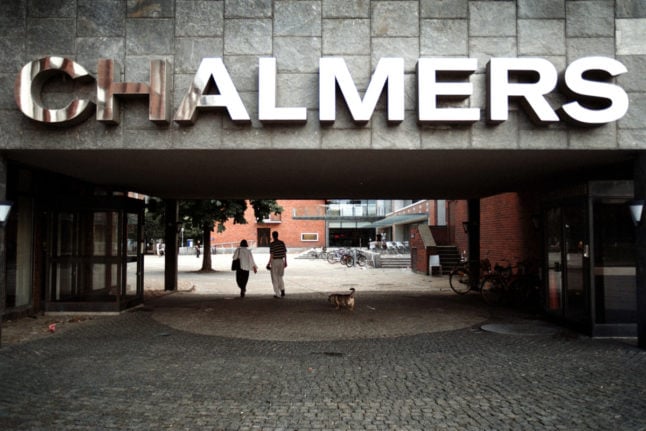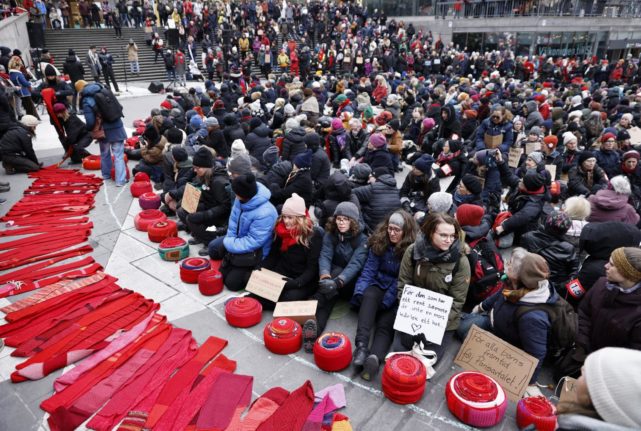“Due to the turbulent global situation and the highly polarised social climate, Chalmers has decided not to allow political manifestations on campus, or in our premises. This is to safeguard the work environment and safety for our students and employees,” reads the statement, written by university president and CEO Martin Nilsson Jacobi and the president of the student union, Isabelle Jarl.
The decision follows a series of petitions and rallies at which students have among other things demanded the boycotts of Israeli universities in protest against the war in Gaza.
“Freedom of expression is the lifeblood of a university,” continues the statement, arguing that people will encounter diverse opinions at universities, some of which they may find offensive.
“But in order to secure the university as a place for the exchange of ideas, open for different perspectives, opinions and nuances, the university must take responsibility for the forms of this exchange – we must create rules that allow the exchange to take place in a peaceful and open way.”
Chalmers is the workplace of more than 3,000 employees and 10,000 students, they write.
“To be extra clear: by manifestation we mean people gathering and expressing political opinions in a way that means that those who pass by cannot avoid seeing or hearing the message, and we also include posters, at what constitutes our students’ and employees’ workplace, the Chalmers campus.”
Other universities in the area, such as Gothenburg University and University West are public bodies, and they have not introduced a general ban against political protests. Chalmers, founded in 1829, is owned by a foundation and has more freedom to set its own rules.



 Please whitelist us to continue reading.
Please whitelist us to continue reading.
Member comments